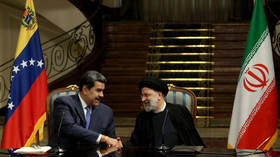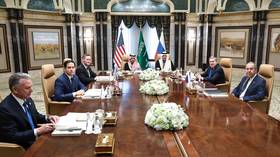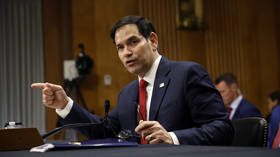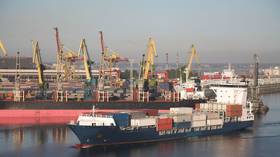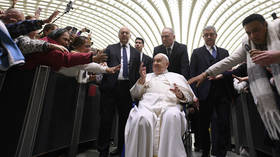Washington sanctions Chinese and UAE firms
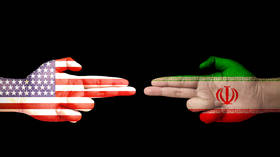
Chinese and Emirati companies, along with a network of Iranian petrochemical producers, have been hit by secondary US penalties for helping Tehran to “evade sanctions” by supporting the sale of its petrochemical products in international markets.
The sanctions were introduced against two companies based in Hong Kong, three in Iran, and four in the United Arab Emirates, according to a statement released by the US Department of the Treasury on Thursday.
All interests in property of the firms falling under US jurisdiction have been blocked and those who deal with them may also be sanctioned or penalized under some circumstances.
The penalties were also imposed on Chinese citizen Jinfeng Gao and Indian national Mohammed Shaheed Ruknooddin Bhore.
“The United States is pursuing the path of meaningful diplomacy to achieve a mutual return to compliance with the Joint Comprehensive Plan of Action,” Under Secretary of the Treasury for Terrorism and Financial Intelligence Brian E Nelson said, referring to the Iran nuclear deal.
“Absent a deal, we will continue to use our sanctions authorities to limit exports of petroleum, petroleum products, and petrochemical products from Iran,” he added.
The “maximum pressure” campaign of sanctions against the Islamic Republic was launched by former US President Donald Trump, who unilaterally withdrew from the JCPOA deal, also referred as the Iran nuclear deal, in 2018. The anti-Iran policy has been enforced by Trump’s successor Joe Biden.
The deal was signed in 2015 between Iran, the US, Germany, UK, France, China, and Russia, and called for all sanctions to be lifted in exchange for a reduction in Iran’s nuclear program.
Tehran has been escalating its nuclear program in response to Washington’s withdrawal from the pact.
The latest sanctions were dismissed by Iran’s deputy foreign minister for economic diplomacy as ineffective.
“Our petrochemical industry and its products have long been under sanctions, but our sales have continued through various channels and shall continue to do so,” Mehdi Safari told Iranian state TV.
For more stories on economy & finance visit RT's business section
